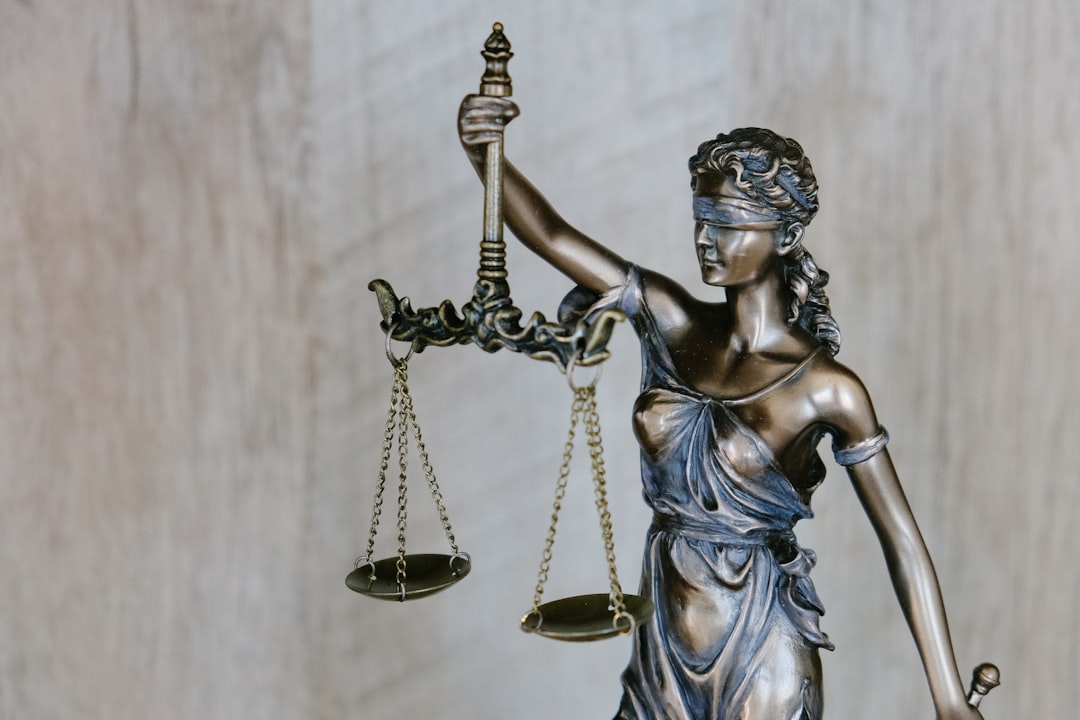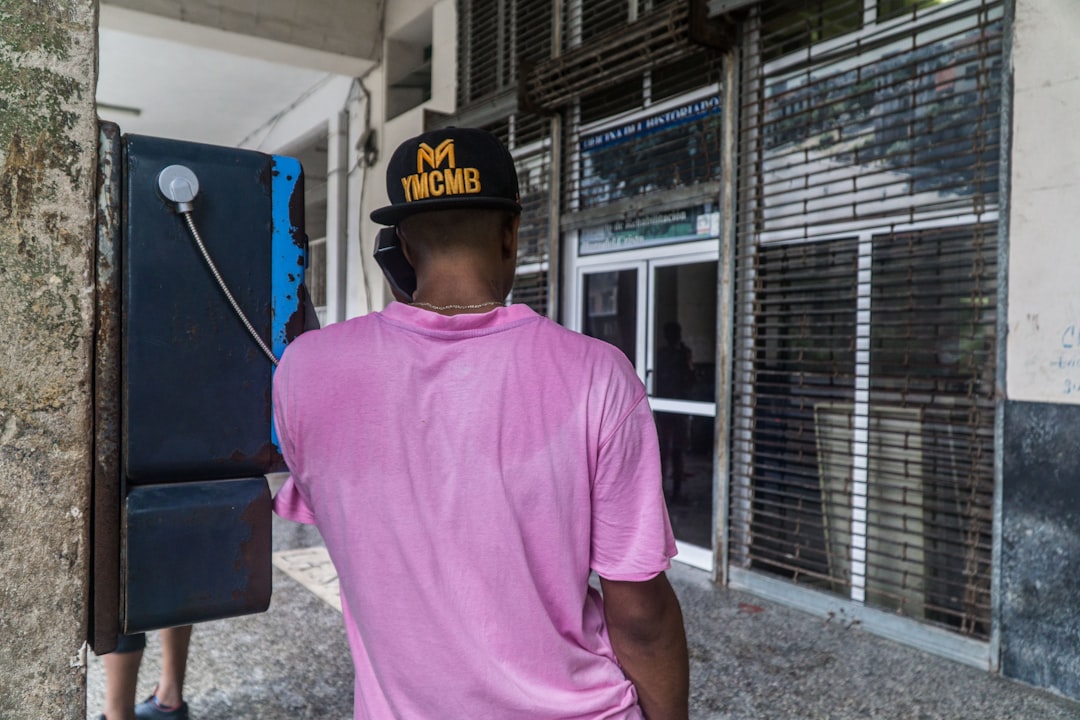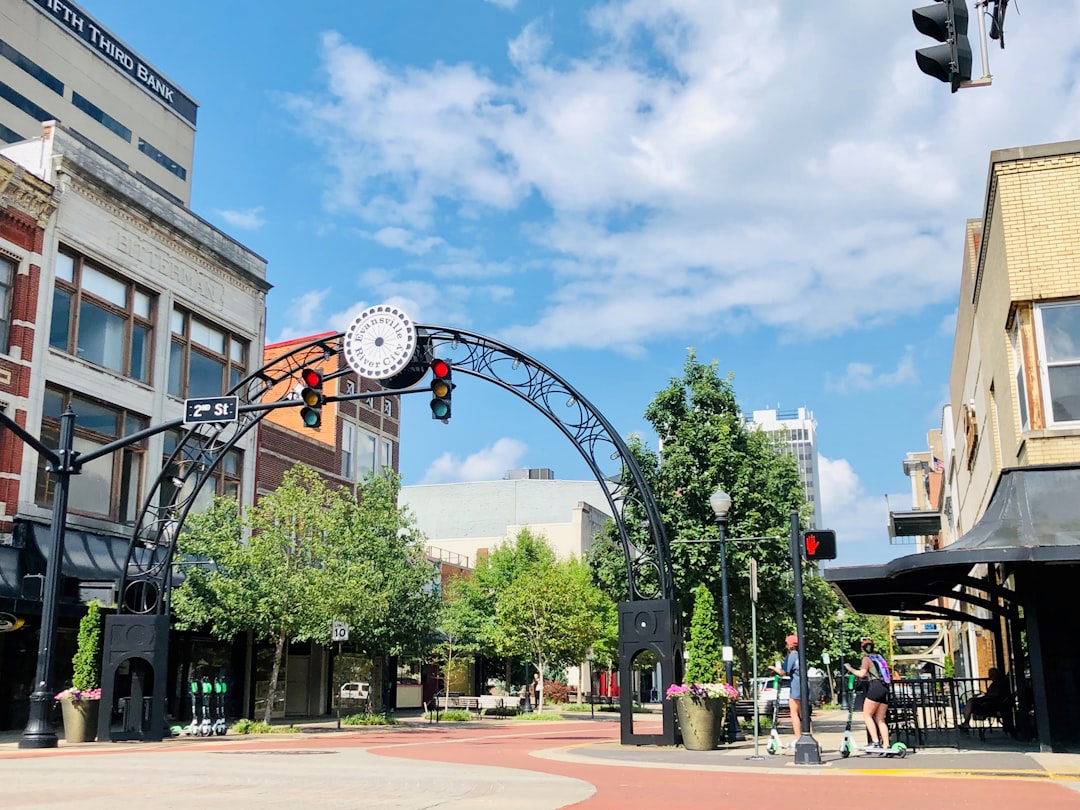Facing a debt collection lawsuit in Indiana? Act swiftly by gathering records, understanding your rights, and consulting a lawyer for debt collector within 20 days of service. These specialists navigate complex laws, ensure compliance, challenge debts, negotiate settlements, and protect your interests throughout the process, maximizing favorable outcomes. Early engagement is crucial to avoid default judgments and strategic mistakes.
Navigating a debt collection lawsuit can be daunting, especially in Indiana, where strict regulations govern these processes. This article guides you through the intricate timeline and legal considerations when responding to such suits. From understanding Indiana’s debt collection laws to knowing the critical time frames for filing responses, it offers practical advice. Learn about the vital role a lawyer specializing in debt collection defense can play, as well as common mistakes to avoid. By familiarizing yourself with these aspects, you can effectively protect your rights.
Understanding Debt Collection Laws in Indiana

In Indiana, debt collection practices are governed by state laws and regulations designed to protect consumers from unfair or abusive tactics. Understanding these laws is crucial when responding to a debt collection lawsuit. If you’re facing such a lawsuit in Indiana, it’s highly recommended to consult with a lawyer for debt collector who specializes in this area. They can guide you through the complex legal landscape and help navigate the appropriate response timeline.
Indiana’s debt collection laws, including the Fair Debt Collection Practices Act (FDCPA), outline the rights of both debtors and collectors. Debtors have the right to challenge the validity of the debt and request verification from the collector. A lawyer for debt collector can explain these rights and ensure that any communication with debtors complies with state and federal regulations. Understanding these laws early in the process is vital to building a strong defense against the lawsuit.
Steps to Respond to a Debt Collection Lawsuit

When faced with a debt collection lawsuit in Indiana, responding promptly and correctly is crucial to protecting your rights. Here’s what you need to do: first, gather all relevant financial documents and records related to the debt. This includes proof of any payments made, agreements, or communications with the debt collector. Next, review the summons and complaint carefully, ensuring you understand the allegations against you.
If you admit the debt is valid, you can file an Answer with the court, acknowledging the debt and potentially agreeing to a repayment plan. However, if you dispute the debt, consult a lawyer for debt collectors in Indiana immediately. They can help navigate the legal process, challenge the validity of the debt, or negotiate a settlement on your behalf. Remember, timely response is key; failure to respond within the specified timeframe may result in a default judgment against you.
Time Frames for Filing a Response

When faced with a debt collection lawsuit in Indiana, understanding the response timeline is crucial. As per Indiana law, you have 20 days to file an answer or response after being served with the lawsuit. This initial period allows you to gather necessary documents and evidence to defend against the claims made by the debt collector’s lawyer.
If you fail to respond within this timeframe, the court may grant a default judgment in favor of the creditor. Retaining a skilled lawyer for debt collector in Indiana can help navigate these time frames effectively. They will ensure your response is filed accurately and on time, providing the best chance at resolving the lawsuit favorably.
The Role of a Lawyer in Debt Collection Defense

When faced with a debt collection lawsuit in Indiana, having a dedicated lawyer for debt collector is invaluable. These legal professionals specialize in defending individuals and businesses against such claims, ensuring a robust understanding of state laws, including those specific to Indiana’s debt collection practices. They play a pivotal role in guiding clients through the complex legal process, from reviewing the complaint to formulating an effective response strategy.
A skilled attorney can help navigate the often intricate timeline of debt collection lawsuits, filing necessary responses within the stipulated deadlines. In Indiana, this typically involves promptly answering the summons and complaint, followed by potential motions to dismiss or strike certain claims. The lawyer’s expertise ensures that all legal defenses are presented effectively, protecting the client’s rights and interests throughout the proceedings.
Common Mistakes to Avoid When Responding to Suits

When responding to a debt collection lawsuit in Indiana, it’s crucial to avoid common pitfalls that can weaken your defense. One major mistake is ignoring the suit or delaying your response; this only gives the collector more time to build their case against you. Always file a timely response with the court, typically within 20 days after service of the summons and complaint.
Another blunder is attempting to handle the situation without legal counsel. Debt collection lawsuits can be complex and navigating them alone may result in strategic errors or missed deadlines. Consider hiring a lawyer specialized in representing debtors, especially one familiar with Indiana’s laws regarding debt collection practices. This step can significantly improve your chances of a favorable outcome.






